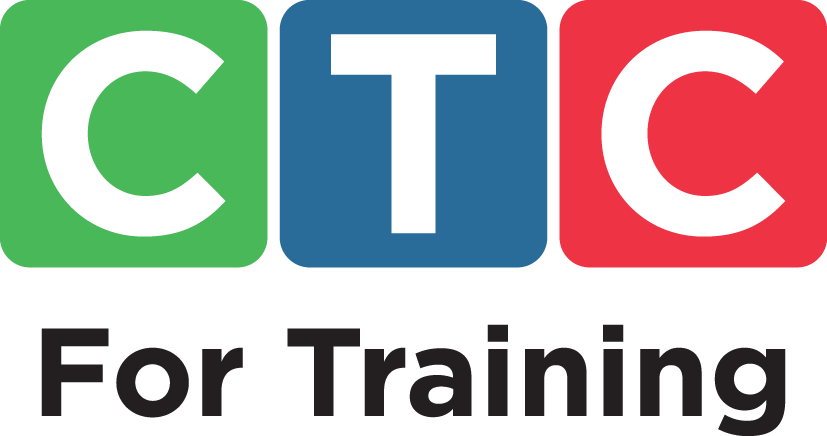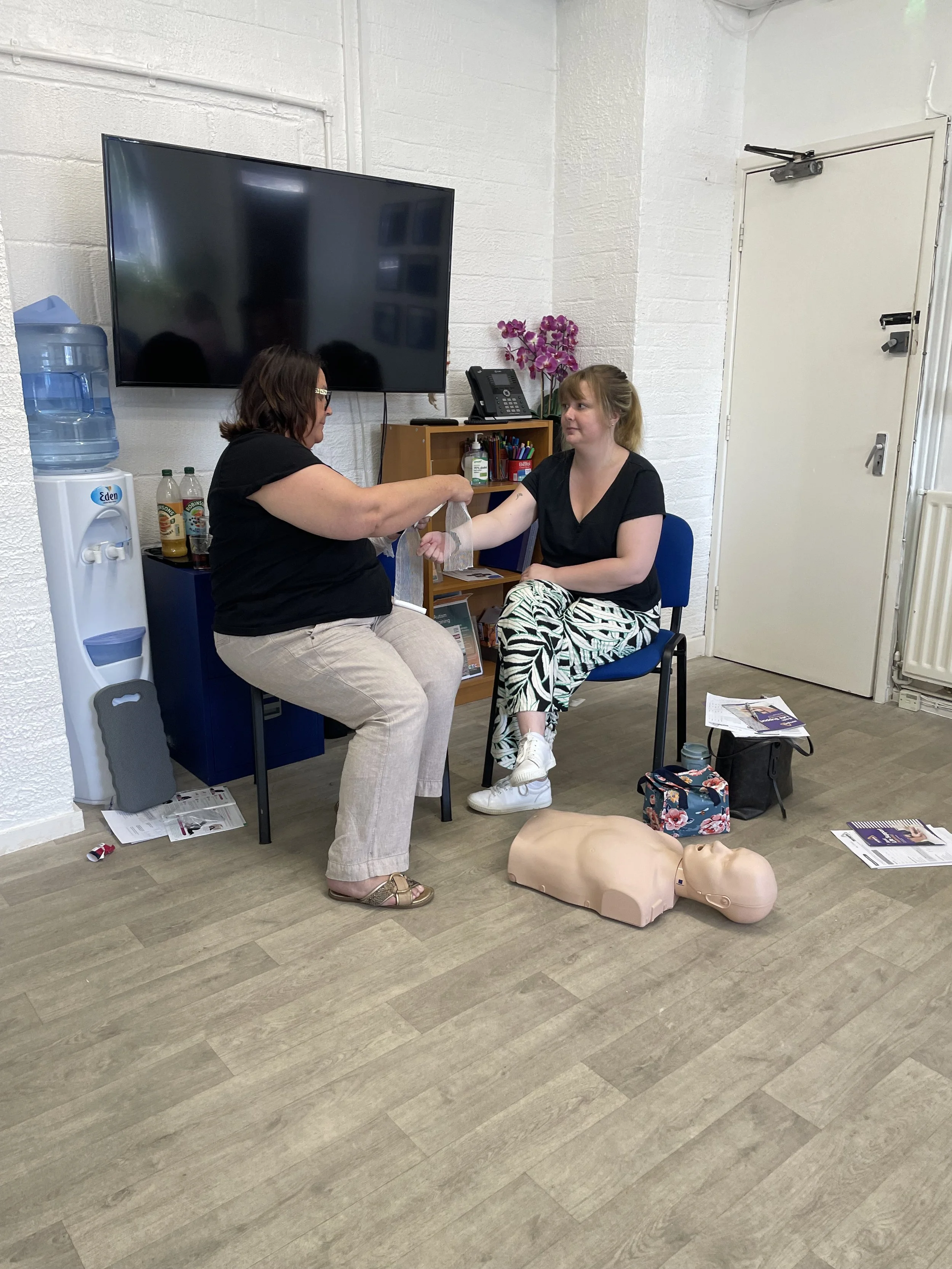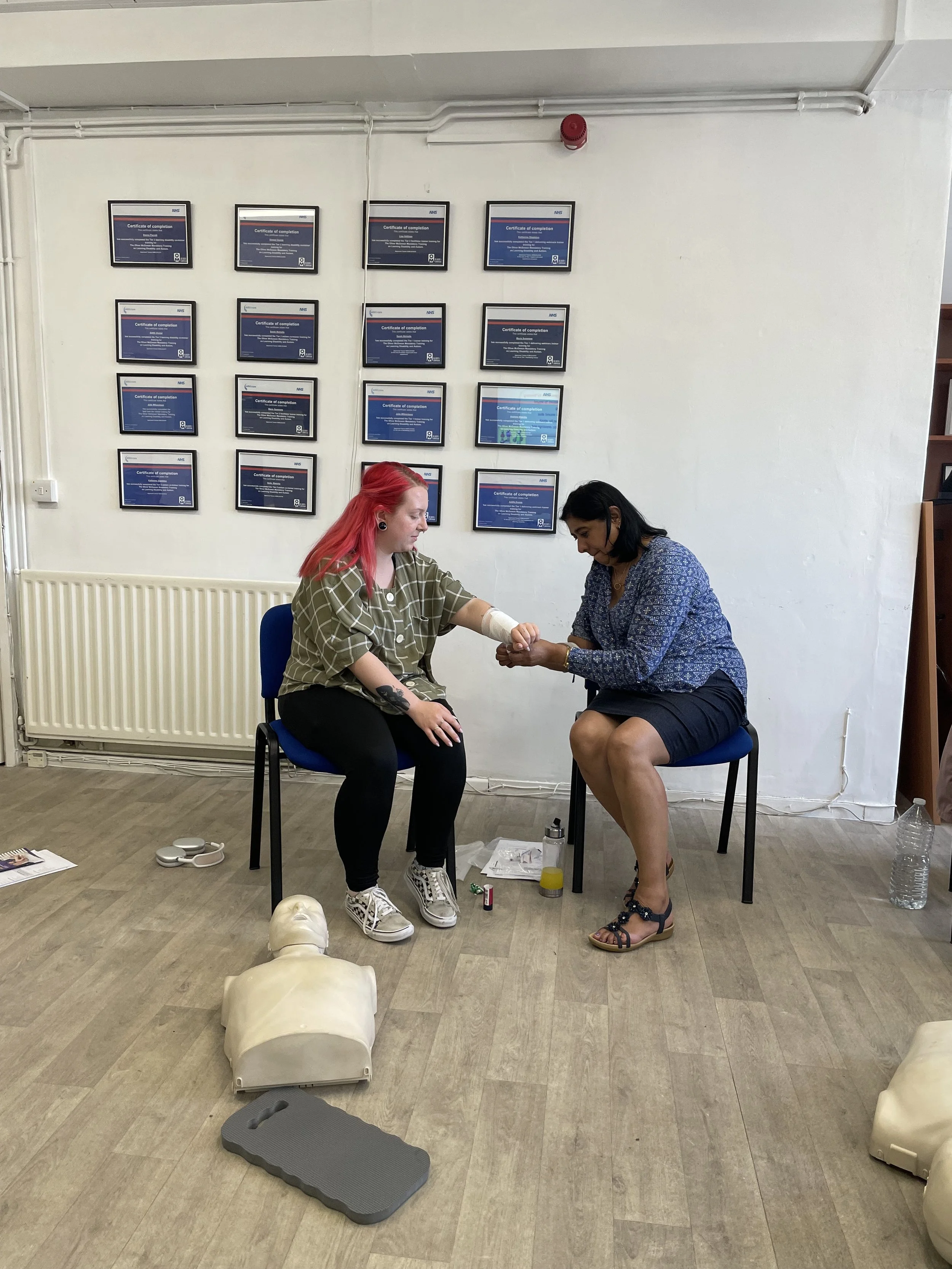Ask the Expert?
My name is Andy. I’m Autistic and visually impaired but firstly, I’d like to tell you all a little bit about Oliver McGowan before I tell you about me!
Oliver was 18 years old when he died in hospital. He had a mild learning disability and was Autistic. He led a full and active life – was due to become a Paralympian and attended the National Star college in Cheltenham which is the college that I attended in 2006-2007. Oliver and his Mum were not listened to by hospital staff, and he was given medication that he shouldn’t have had, which led to his death. Olivers Mum campaigned for mandatory training in Autism and learning disabilities for health and social care staff.
1. Tell us about your connection to Coventry Training Consortium and your new role.
I attend Kingshill nursery and had met Maria and Julie when they delivered Health and safety training to co-workers here at Kingshill. They approached me and asked if I would like to consider becoming a trainer with lived experience of Autism. I was really excited about this opportunity and was given 3 days training in how to deliver it, including writing my own script.
2. What have you learnt since becoming a trainer?
I have learned how to deliver information clearly and concisely, how to break things down into bite size chunks and that healthcare professionals especially need more knowledge and awareness of learning disabilities and Autism.
3. How has your life changed since you became part of Coventry Training Consortium?
This is my first paid job so I’m really happy about that! I am more independent, and I received travel training to enable me to use public transport to travel to CTC, which I do regularly. I think I am more confident and patient and have more understanding of learning disability and other peoples experience of Autism, not just my own. I feel that I am respected more now that I have this role.
4. What do you like most about Coventry Training Consortium?
Working with Julie, Sarah, Sinead, and Maria. They are very supportive and make reasonable adjustments for me. I have supervision to make sure I’m ok at work. They are a great team to work with.
5. Have you had the opportunity to make new friends and try out new experiences?
Being here is a new experience for me – I’ve never been to an AGM before! I have trained social care staff to educate them about Autism and I’ve also helped to train other Autistic experts to do the same job as me. I have met some great people and get to catch up with them when we have group supervision.
6. What do you want to achieve in the future?
I really want to have the opportunity to deliver this training to a wide range of professionals so that they can provide better care and support to Autistic people like me and to people with a learning disability. I hope that these people have better health outcomes and no one else experiences what Oliver did. I want to continue to develop my skills as a trainer as this is a really important job.


















